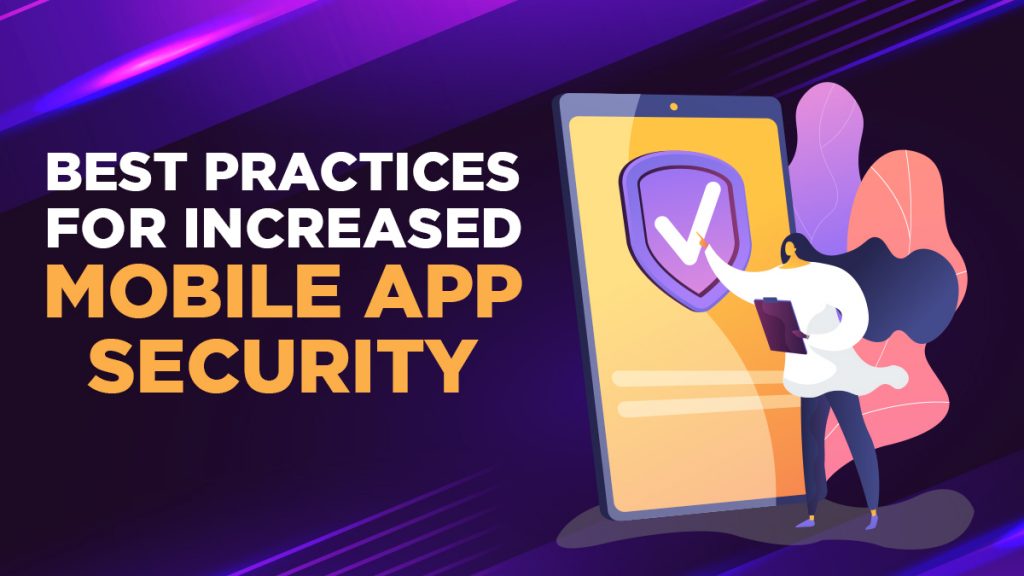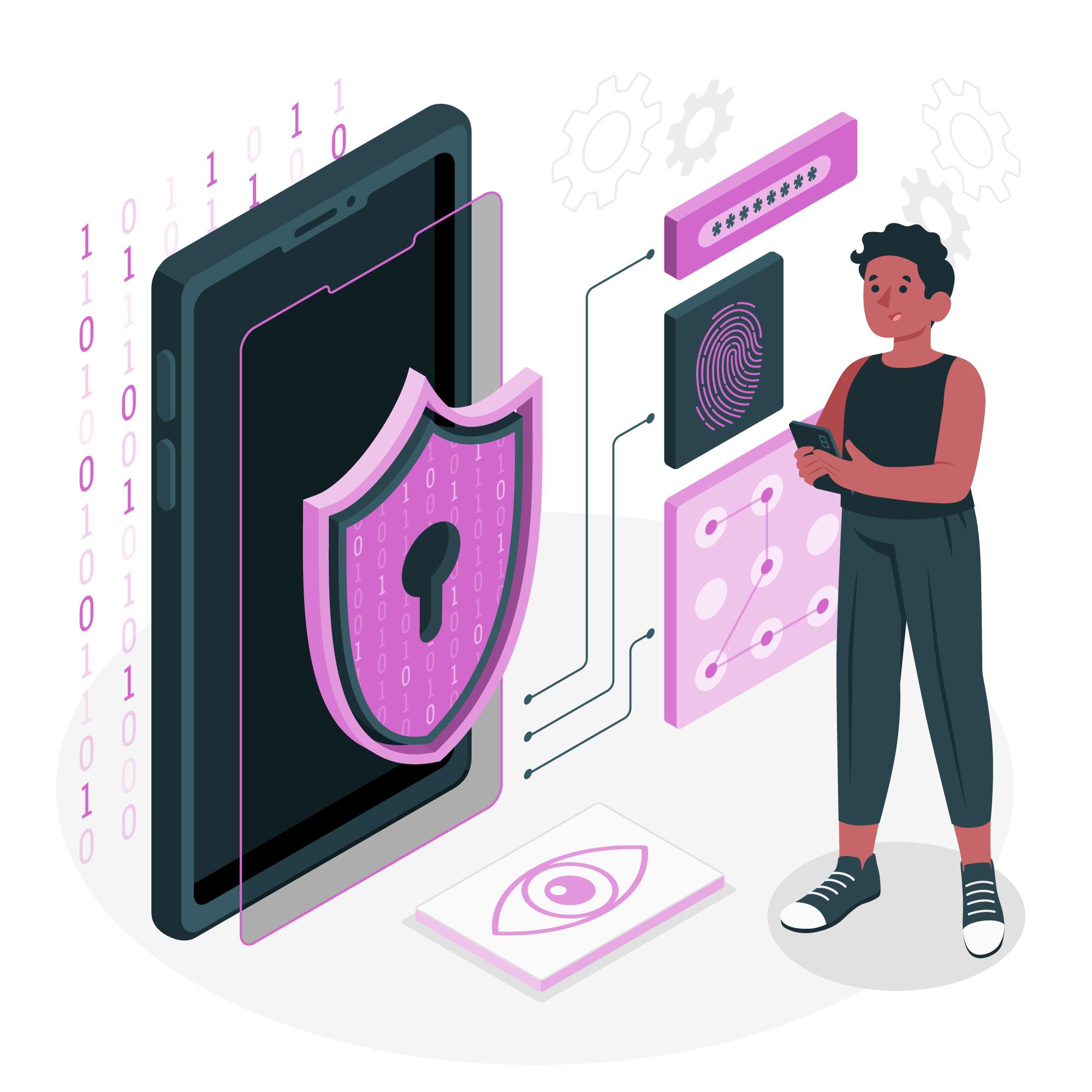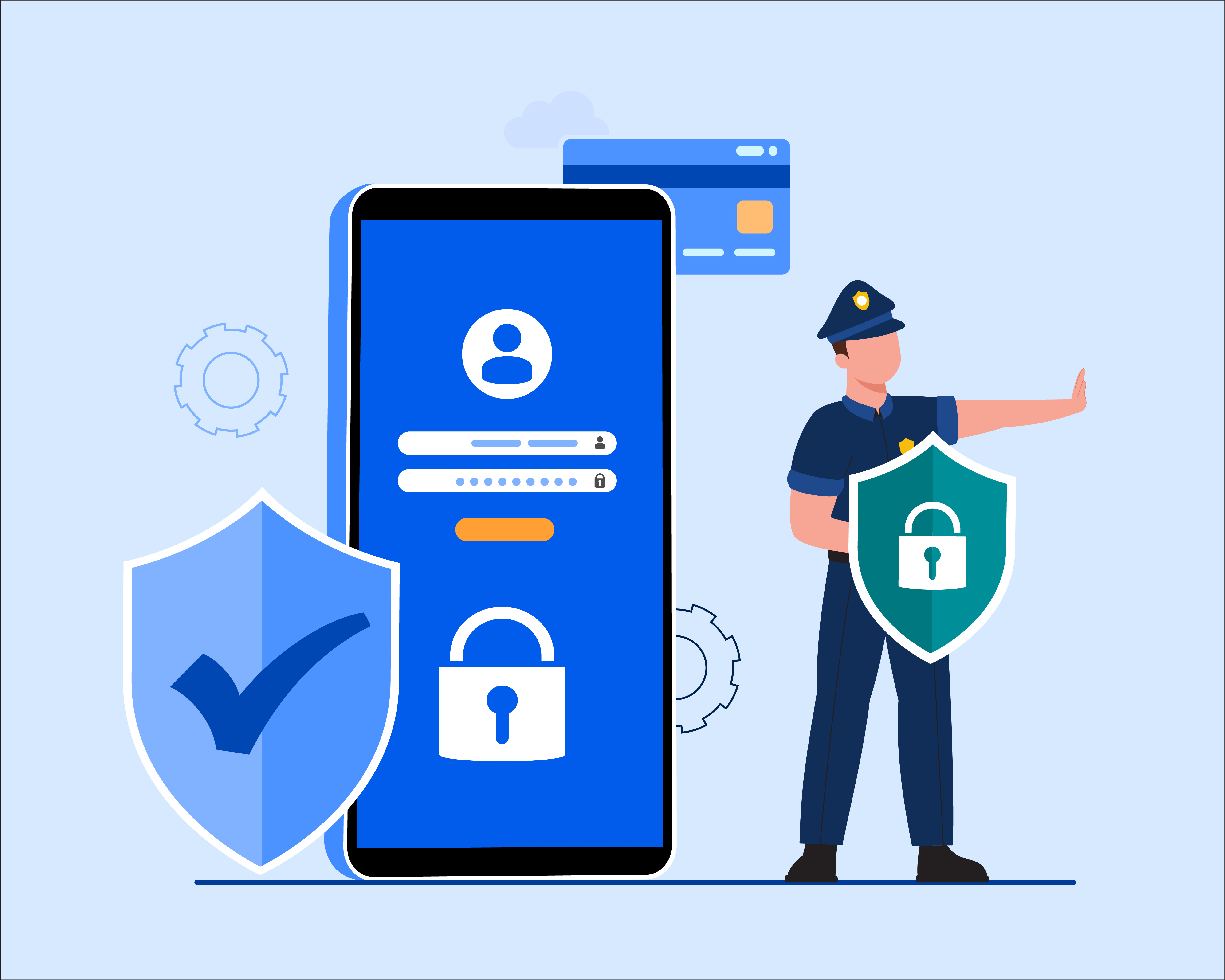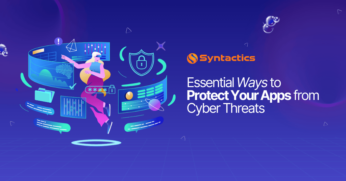
Best Practices for Increased Mobile App Security
Mobile development experts see mobile app security as a fundamental requirement in designing and building mobile applications. It should not be considered as an added feature or a benefit. Without app security, hackers and other malicious attackers can breach your systems and access confidential information such as your name, age, address, account names and numbers, passwords, and the like. As such, let us explore some of the best practices to ensure the security of mobile applications.

Image Source: Freepik
Ways to Ensure Mobile App Security
The Data Privacy Act of 2012 (RA 10173) requires protecting personal details in information and communications systems within the government and private sectors. As such, there are various data protection practices that you should always keep in mind whenever you are dealing with user information.
Moreover, because of these provisions imposed by law, mobile app developers perform various mobile app security practices to guarantee that malicious individuals cannot get access to information on their clients’ mobile apps. Check out these best practices for enhanced mobile app security:
-
Write Secure Code
When your code has bugs and other vulnerabilities, attackers can use them to break into your mobile application. They can perform reverse engineering on your code to find ways to modify, manipulate, or tamper with it. As such, it is vital that, at the start, you should make sure to write code that is hard to break through. However, it would help if you also kept in mind to create code that you can easily update and patch. You can minify or obfuscate your code to avoid it being reverse engineered. If there are bugs and other vulnerabilities, you should test and fix them immediately. You can also use code hardening and code signing.
-
Encrypt Data
You should encrypt all data and information exchanged over your mobile application. Through this mobile app security requirement, attackers cannot read and use your confidential information for other purposes. This is because the process of encryption translates plain text into ciphertext. The ciphertext is a coded text such as “aSdf78jkLzzxk” which appears to have no meaning. However, it becomes readable once decrypted. So, if you encrypt data, even if someone steals it, they cannot make use of it.
-
Be Wary of Libraries
You must be extra careful when using third-party libraries. You should test their code thoroughly before using them. Unknowingly, you may be utilizing a library with a particular security issue that allows hackers and attackers to execute malicious codes and crash your system remotely. You do not want that. As such, mobile app developers use controlled internal repositories and perform policy controls during acquisition to protect their mobile apps from possible risks brought about by libraries.
-
Authorized APIs
When you use APIs which are not authorized, they could be loosely coded. With this kind of vulnerability, you give hackers and attackers access to your mobile app, affecting you and your users negatively. So, for instance, when you cache authorization information locally, you give mobile app developers a quick and easy way to use that information again when making API calls. Unfortunately, through this, you also give attackers and hackers a way to get into your system. Because of this, mobile app development experts suggest that you centrally authorize your APIs for maximum security.
-
High-Level Authentication
With a stronger authentication set in place for your mobile app, you decrease the chance of a security breach. Authentication is an aspect of mobile app security that pertains to your passwords and other personal identifiers, allowing or disallowing entry into your system. Because you have no control over how your users authenticate their apps, you can only remind them to use high-level authentication as a mobile app developer. Design and build a mobile app that only accepts strong alphanumeric passwords. You can also require users to renew their passwords regularly. It is also recommended that you secure online accounts through two-factor authentication.
-
Proper Handling of Sessions
Compared to desktop, mobile sessions last longer. As such, it is vital to handle these long sessions on mobile applications. For this, mobile app developers can use tokens instead of device identifiers to identify a session. You can revoke these tokens at any time, thereby making the mobile app more secure. With this, if your mobile device gets lost or stolen, you can enable remote log-off and remote wiping of data to ensure that no one can misuse your information.
-
Test Multiple Times
Mobile app security is a never-ending process. New risks, bugs, vulnerabilities, and the like will pop up no matter how sophisticated your security is. These new threats will need new solutions, which is why you need to perform continuous development of your mobile application. Read through this article on how to write quality bug reports to know more about the importance of testing and fixing bugs. Thus, you can perform penetration testing, threat modeling, and emulators to test your mobile apps in search of said vulnerabilities continuously. Then, if you find one, you need to fix it in the next updates of your mobile app. You can also issue patches when needed.
Check out some other app security best practices here.

Image Source: Freepik
It’s Time to Increase Mobile App Security
If you diligently follow the best practices mentioned above, you help ensure that you design and build secure mobile applications. With that, you guarantee the safety of user information and promote an excellent user experience. If you need help with mobile application development, you can tap on a web design and development company from the Philippines.
Did we miss any other ways to ensure mobile app security? Let’s hear them in the comments section below!














Comment 0